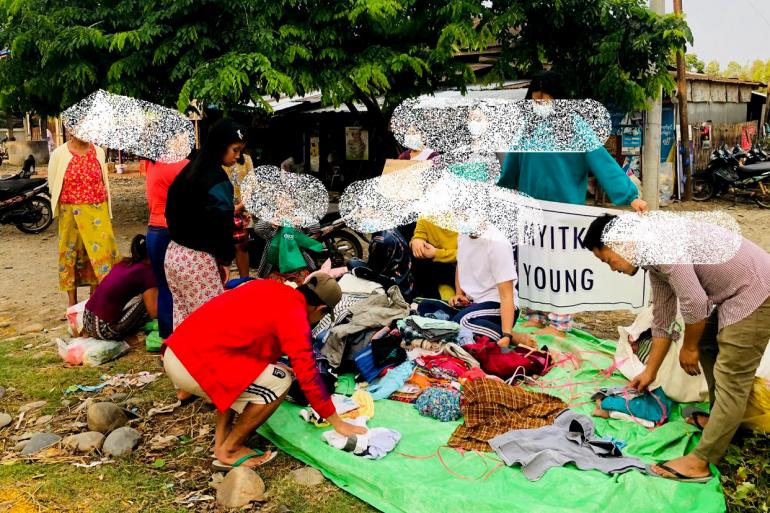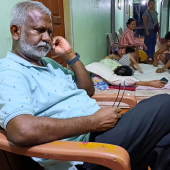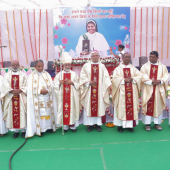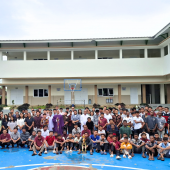Myanmar bans travel between villages, provinces due to pandemic

Myanmar has banned travel from village to village in the country’s provinces, especially in the northern Bago and Tanintharyee Division, due to the continuing surge of COVID-19 cases.
“Because there is no travel and no transportation, people in the provinces have to rely on gardening and fishing to survive,” said Kay Na, a villager in Shwegyin Township.
“I came home from Yangon to Palaw, about 600 kilometers in Tanintharyee Division, to take care of my father who is in the hospital since July 15 and I could not return to Yangon,” said Sister Rose Stephanie who works for Radio Veritas Asia’ Sagaw Service.
Naw Mary of Phado, in Bogo region, said the travel ban is a “good way of preventing the spread of the virus.”
Earlier, the Diocese of Loikaw in Kayah State announced that it offered healthcare services to those in need amid the surge of COVID-19 cases.
Father Celso Ba Shwe, apostolic administrator of the diocese, said the diocese has taken up the mission of offering whatever health services it can after the city’s public hospital was overwhelmed with patients.
A small clinic run by Caritas inside the cathedral compound has been converted into a hospital while other church structures have been converted into wards to receive patients.
“Surgeons, doctors, nurses, health service technicians, volunteers and religious offer their free help in the following services in these charitable works," said Father Ba Shwe.
As of Wednesday, Myanmar reported 6,093 new coronavirus cases, bringing the total confirmed cases to 246,663. The confirmed death toll was at 5,814.
Doctors and volunteer groups, however, said those numbers are under-reported. - Saw Hubert / RVA News
Radio Veritas Asia (RVA), a media platform of the Catholic Church, aims to share Christ. RVA started in 1969 as a continental Catholic radio station to serve Asian countries in their respective local language, thus earning the tag “the Voice of Asian Christianity.” Responding to the emerging context, RVA embraced media platforms to connect with the global Asian audience via its 21 language websites and various social media platforms.














